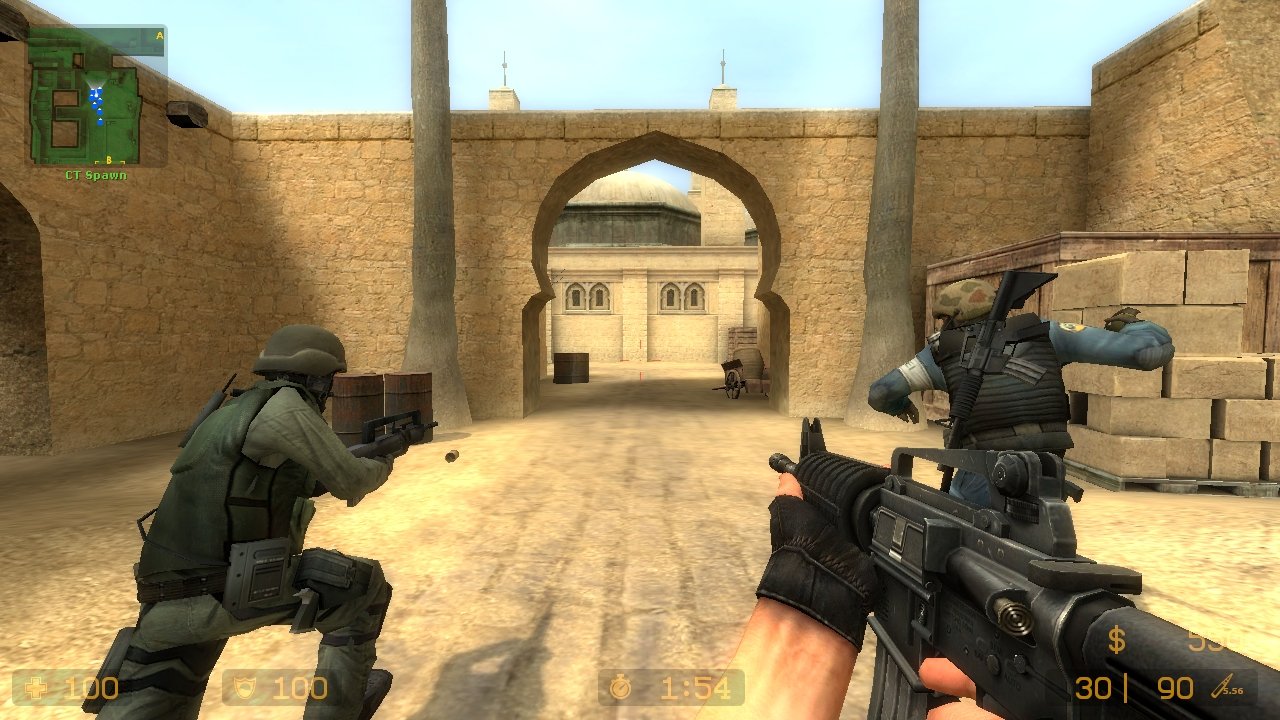How you play a game predicts how you handle real life.
Resources, exploration, formulating a plan, meeting objectives, identifying goals / milestones, keeping score, etc.
They have their parallels in real life and it's difficult to override your tendencies to do things a certain way.
For example, if you tend to think before you leap, you are less likely to do YOLO things in-game.
If you are an explorer type, you are more likely to go off the beaten path and look for side quests and interesting locations in a game.
If you like to keep updated and current when it comes to consumer goods and electronics, you are more likely to spend your in-game currency as soon as you get enough to acquire that shiny new weapon / armor.
This isn't to say that watching you play a game will allow me to have a complete picture of who you are.
Because context, companions, and frame of mind have to be taken into consideration as well.
But it can give a rough idea of your likes, dislikes, and tendencies. And that's always useful if we have to face off or interact in the virtual world.
Why Are We So Easily Influenced? It May Have To Do With the Cultures We Grew Up In.
We're all highly susceptible to influence.
Why? Because we are social and self-preserving. We don't just do best in community, we actively need and seek it out.
Thus, it's no wonder that we want to be part of a community.
And to fit in that community, we take cues of behaviour and mindsets from others around us, especially those who are respected or, at least, somehow elevated in the community.
Since this is all hardwired into us, and we've been picking up cues since we were born, we get really good at it. Practically an instinct.
Which means that it's also impossible to be free of influences.
What I learned is:
The first thought that enters our heads is a result of external influences, whether it's upbringing, culture, the people I hang around with the most, etc.
We can call this programming, conditioning, internalisation, or what we like, but it's kind of in-built and very difficult to override.
What's really important is what we do, say, and/or think after that first thought appears.
That is what makes us who we are.
Binge On History
In the past week or so, I've been binge-ing (is that a word?) on documentaries about history in the Middle East and the Mediterranean.
Some of the information challenged my 'traditional' views on the area, while other bits made me want to find out more.
Certainly, all documentaries have some bias in them, depending on the angle and intent of the producer. The point, then, is to take in information from different sources and piece them together in a way that makes sense to me.
A trio of things that struck me:
1) Historical figures are often portrayed in a good light by their own people's history texts. Accounts from other groups of people may shed light on their actual behaviours and deeds.
2) There is little consensus on historical information and what they mean. Interpretations vary according to the historian's culture, personality and mindset.
3) Events that once occurred are often very similar to situations today. It's no stretch to say that 'history repeats itself'.
A Class in the Business Canvas Model
Last Saturday (I realise it's been quite a few days), I attended a workshop on the Business Canvas Model.
Never having heard of it before, I went with an open mind.
What I learned was very useful for what I am doing now. It was a rather straightforward template which you fill in with information about your targeted customers, their behaviourial patterns (to help you determine what you should provide for them), how you intend to get the product/service you are providing to them, what your company does etc.
The facilitator (whom I happen to know from a previous meeting) was careful to remind us that many of the things we put down on the canvas template are assumptions until they are tested.
Even so, he encouraged us to try them out and make changes along the way. He emphasised the need to experiment and adapt because the market changes all the time and things are always moving.
What he told me reminded me about microtrends - seemingly inconsequential small trends that, if you integrate into a big picture, can influence the outcome of an idea or direction.
Having had the opportunity to make some plans, I realise how much more planning and thought is required to get a business to work. That said, it's great to have guidelines to follow so I don't have to come up with everything by my own limited experience.
It's going to be busy these few upcoming weeks, what with major projects coming in and all sorts of events to attend. Gotta get that brain and body rested!



